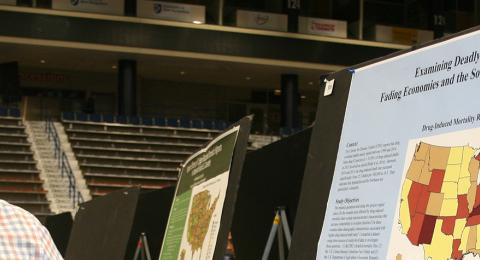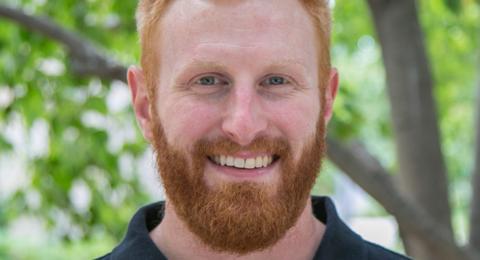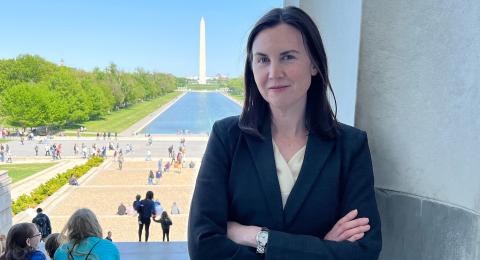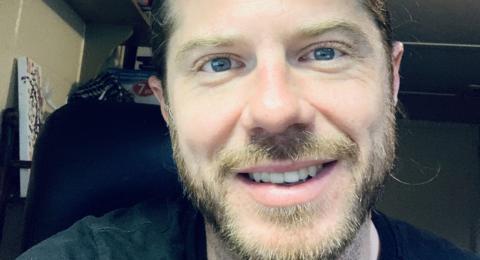The Department of Sociology has paused graduate admissions for the Fall 2026 cycle.
The Department of Sociology offers M.A. and Ph.D. degrees in sociology. The master’s degree program emphasizes theory and methodology. Students in the doctoral program are expected to select one major area and one minor area from the areas of departmental specialization for intensive study and examination. There are five substantive areas for possible specialization: crime and conflict, sociology of the family, social stratification, health and illness, and community and environment.
Proficiency in theory, methods (including statistics), and in the area of specialization, is determined by written examinations. Students may design, with the approval of advisors and the Graduate Committee, curricula suitable to their past experience and intellectual goals. In line with this flexibility, choice may include up to two courses from outside the Department. Selection of thesis and dissertation topics is limited only by the areas of expertise available among department faculty members.
Our graduate program offers flexibility to meet the diverse interests of our students. In addition to departmental offerings, graduate students can take courses outside the Sociology Department that complement their programs of study. Examples include classes on Strategy and Practice of Public Policy; Politics of Poverty; Advanced Seminar in Social Psychology; Resolving Environmental Conflicts; Seed to Sea: Examining Sustainable Food Systems; Women, Gender, and Health; Race, Class, Gender, and Families; Child Development in Context; Multilevel Modelling; and Qualitative Inquiry in Research.
Get the Facts
U.S. News and world report
Academic Analytics (2018, latest available)
Read story
Read story
Faculty Spotlight
Recent Research News

David Finkelhor
Sociology Professor David Finkelhor has been studying the problems of child victimization, child maltreatment and family violence since 1977. He is best known for his conceptual and empirical work on the problem of child sexual abuse. He has also written about child homicide, missing and abducted children, children exposed to domestic and peer violence, commercial sexual exploitation and internet victimization.
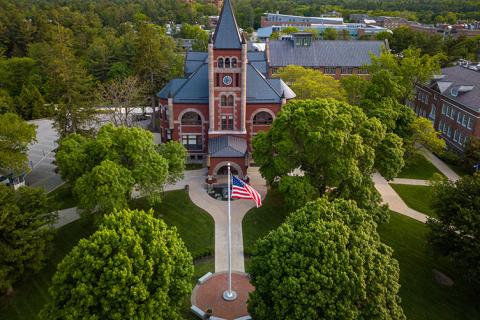
Sociology Research
A recent UNH survey looked at the public acceptance of conspiracy claims compared to statements based on scientific facts.
Read article
UNH sociologist and demographer Ken Johnson comments on population decline.
Read article
Transforming Students Into Climate Leaders
Three National Science Foundation grants provide international climate change research opportunities for students.
Read article
